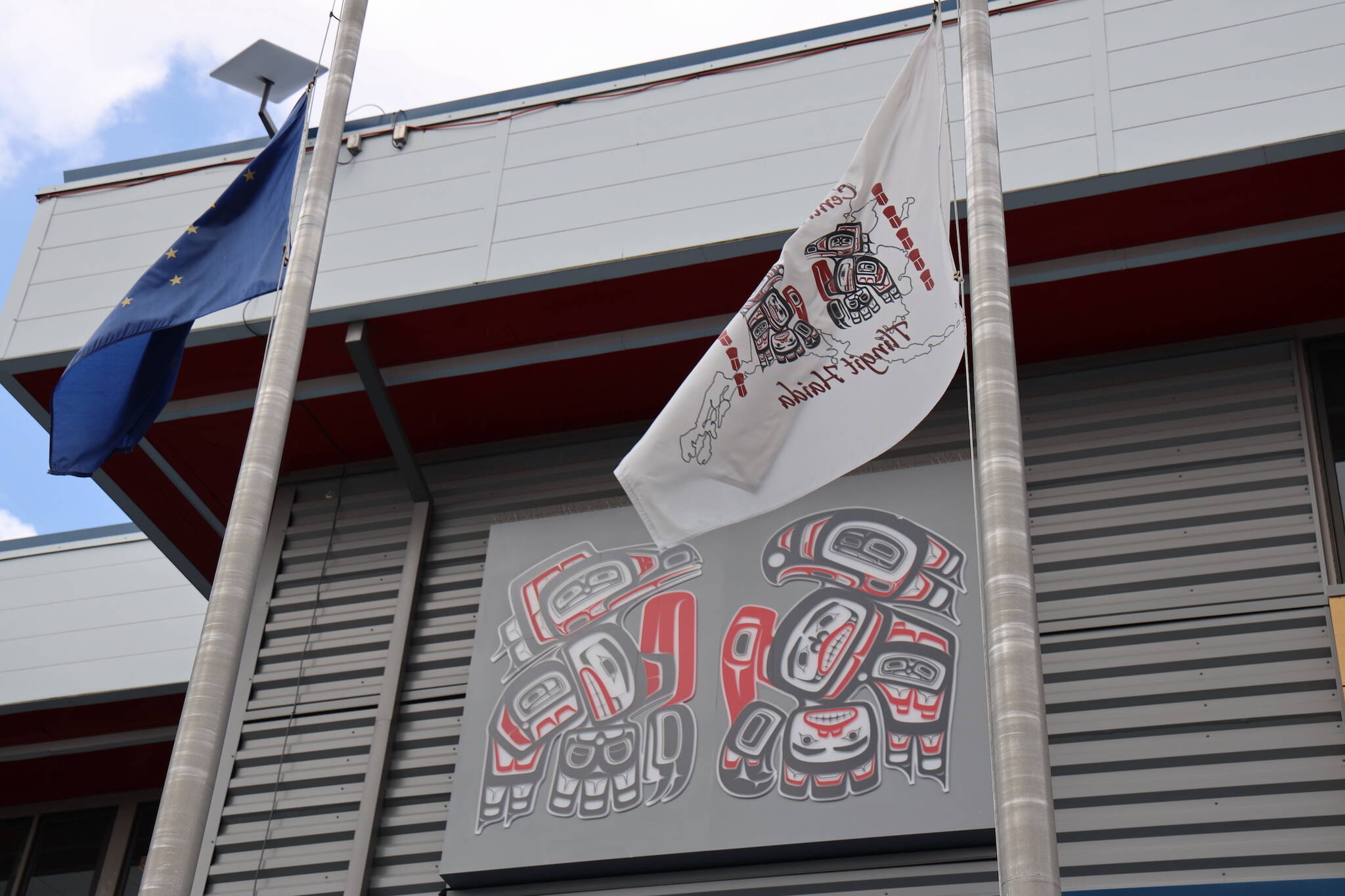This is a developing story.
Alaska’s largest federally recognized tribe, the Central Council of the Tlingit & Haida Indian Tribes of Alaska, is withdrawing from the largest statewide Indigenous organization in Alaska, the Alaska Federation of Natives.
Monday afternoon, Tlingit and Haida announced in a news release its plans to withdraw its membership with the AFN, an organization originally formed in 1966 to settle land claims that now works as a cultural, economic and political advocacy group for more than 200 tribal entities across Alaska.
The withdrawal is immediate,Tlingit and Haida President Richard Chalyee Éesh Peterson told the Empire in an interview Monday morning. The decision was made after the tribe’s executive council voted on May 1.
According to its website, the AFN currently represents more than 140,000 Indigenous people in Alaska. Now, that number is decreased by Tlingit and Haida’s more than 35,000 tribal citizens.
Peterson said the decision isn’t meant to be an “indemnification” of the AFN but rather was made as he and members of the executive council feel Tlingit and Haida are at a point now where the tribe can manage its relations without AFN assistance.
“I think the driving factor is that we have grown to a place where we’re pretty good at doing advocacy ourselves and can pursue our own priorities — this isn’t an anti-AFN move,” he said. “We still want to hold up the AFN and collaborate with them, and we don’t want to be leaving anybody behind — right now, we’re just looking at our own priorities.”
Peterson said it should be noted that AFN played a critical role for the tribe during the 1980s through the early 2000s, but in recent years he said Tlingit and Haida has been able to expand to the point where he thinks the tribe can adequately advocate for itself by itself.
Peterson said the tribe also pays an annual fee of around $65,000-$70,000 to the AFN to continue its membership each year. He said the change will allow Tlingit and Haida to reallocate those funds to other tribal priorities.
AFN officials did not immediately respond to multiple messages seeking additional information.
• Contact reporter Clarise Larson at clarise.larson@juneauempire.com or (651)-528-1807.

